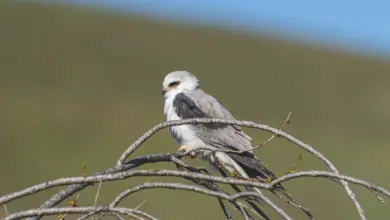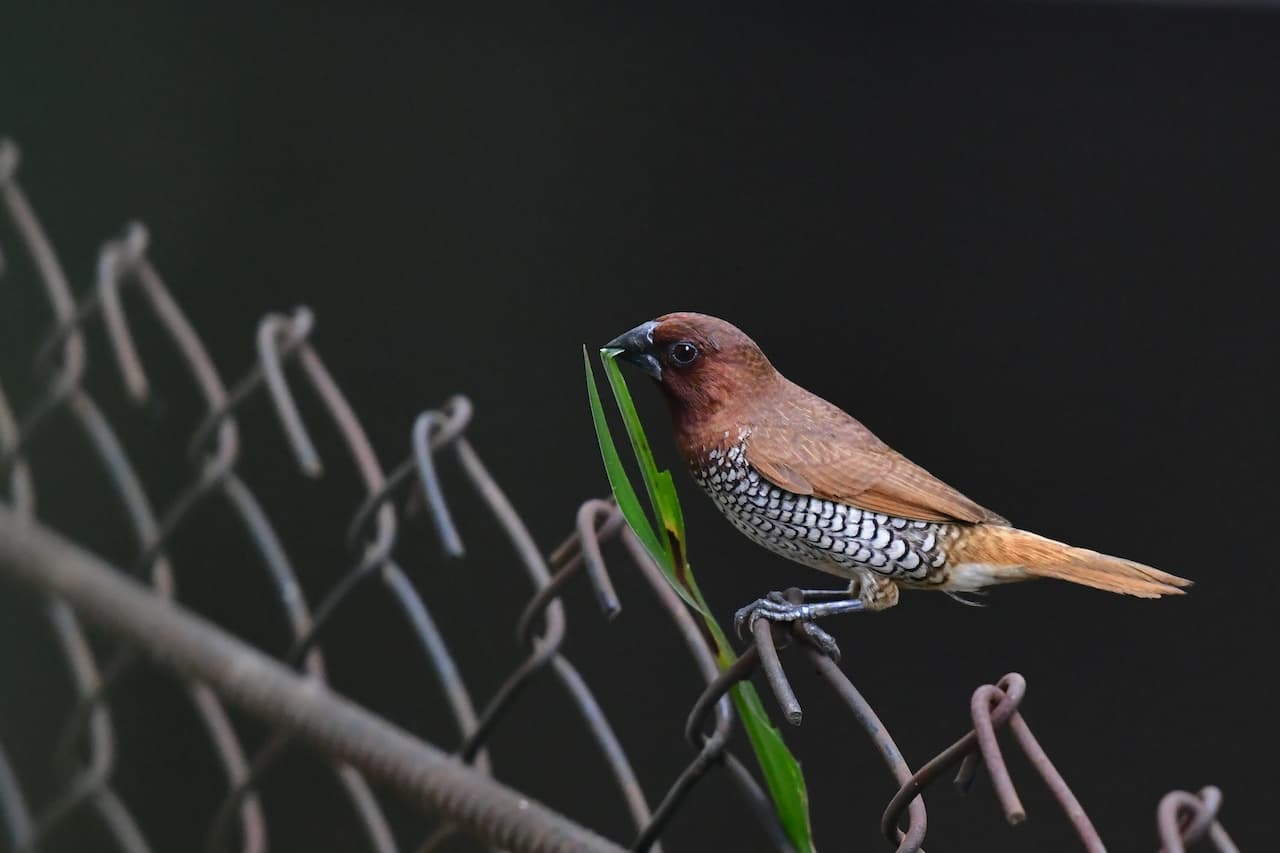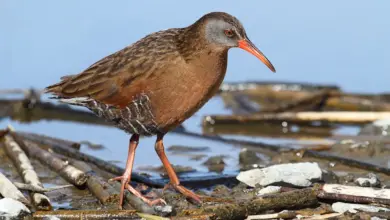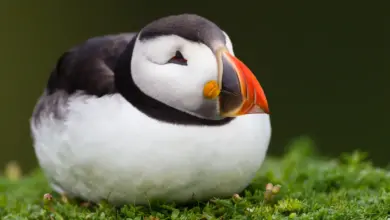Egyptian Vultures Wing Their Way to Edinburgh Zoo
Although they may not be cute and cuddly, there is no denying that vultures are pretty fascinating birds. And pretty high up on the list of interesting species are two new resident feathered friends at Edinburgh Zoo, a male and a female Egyptian vulture who have “flown” in from Sofia, Bulgaria.
Did you know that Egyptian vultures are the first birds ever to be protected by law as an early Pharaoh had a soft spot for them, they are also one of a few bird species that can use tools.
Egyptian vultures are pretty useful with a stone, grabbing them in their beaks and swinging them at hard ostrich eggs to crack them.
Designed to stay clean, their bald yellow faces are also perfectly adapted to their love of hanging around dirty carcasses! Nature’s cleaners, and Egyptian vultures love nothing more than tucking into carrion, insects, and even decaying fruit and vegetables.
Range
Egyptian vultures are found in southern Europe, Africa, the Middle East, and India. Small white birds have black flight feathers and a messy-looking mane of feathers that surround their bald yellow faces.
Species
All are a fascinating bunch, in total, there are 23 species of vultures; 16 Old World vultures found in Africa, Asia, and Europe, and 7 New World vultures (including two condors) found in the Americas.
Status
The Egyptian vulture is classified by the IUCN as Endangered: populations in India have declined by 90% in recent times and the European population has reduced by over 50% in the last 40 years. Reasons for the decline in Asia include the use of the veterinary drug Diclofenac in cattle which is highly toxic to vulture species when they consume the carcasses of treated animals.
Egyptian Vultures at the Zoo
Colin Oulton, bird team leader at Edinburgh Zoo, comments: “We’re delighted to welcome our new male and female Egyptian vultures. They’re pretty special birds and we’re pleased to have them as part of our expanding bird collection at Edinburgh Zoo.
“Old World vultures like these birds have incredible eyesight and can spot an animal carcass from four miles away when soaring in the sky. They can eat up to 20 percent of their body weight at one meal and have an amazing digestive system that can eliminate some pretty nasty bacteria things like anthrax, botulism, and cholera. This is one of the reasons that I particularly like them, as they’re such good news for humans. By consuming dead animal carcasses, vultures prevent the spread of life-threatening diseases among animals and humans.
“Most vulture species mate for life, so we’re hoping that these two hit it off and that there’ll be the patter of tiny claws and the pecking of little beaks in the future!”
Colin Oulton, bird team leader at Edinburgh Zoo
Vulture Facts
- The newly arrived Egyptian vultures at Edinburgh Zoo are just coming up to breeding age and are around 3 to 4 years old. The next breeding season will be next year.
- Egyptian vultures fly with more wing beats than most vultures and take off with a great deal of grace as they are lighter and smaller. They are also able to fly up to 70 kilometers to search for food.
- They prefer to nest on rocky ledges and in cliffs, and nest in colonies.
- A group of vultures is called a venue, but when they circle the air they are called a kettle of vultures.
- Vomiting and flying away is the most common defensive tactic of a vulture. As well as smelling bad, the foul substance stings their predator’s eyes.
- Vultures can be social, and several species can often be seen feeding together on the same carcass. Unfortunately being fairly small, Egyptian vultures would be one of the last vulture species to be allowed to feed.
- International Vulture Awareness Day is Saturday 3rd September 2011.
- Edinburgh Zoo is owned by the Royal Zoological Society of Scotland, a registered charity, charity no SC004064. For further information on all our conservation projects and events, please visit our website – www.edinburghzoo.org.uk
- The Royal Zoological Society of Scotland (RZSS) is a registered charity, charity no SC004064. RZSS was founded by visionary lawyer Thomas Gillespie. The Society was set up in 1909 ‘to promote, facilitate and encourage the study of zoology and kindred subjects and to foster and develop amongst the people an interest in and knowledge of animal life’.
- RZSS is the UK Secretariat for the International Union for Conservation of Nature (IUCN).
- Edinburgh Zoo is a member of the British and Irish Association of Zoos and Aquariums (BIAZA). BIAZA represents its member collections and promotes the values of good zoos and aquariums.




